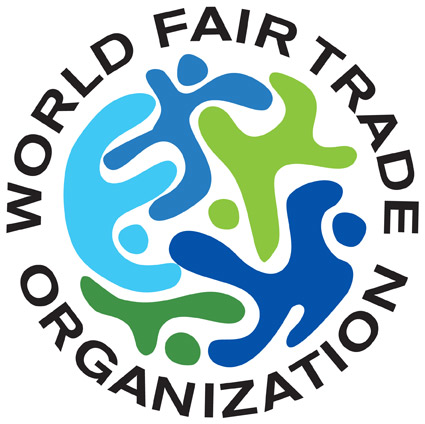Maya Traditions was founded in 1996 to help skilled indigenous female artisans improve their quality of life while preserving their culture through facilitating access to a Fair Trade global marketplace. Over the years, we have grown to include social programs in youth education, community health, and artisan development to better support the women artisans and their families. In 2007, Fundación Tradiciones Mayas became a registered Guatemalan non-governmental organization with the goal of increasing our social programs to further impact the communities we work with.
We are based in Panajachel, Sololá, Guatemala and are headed by several indigenous Maya women and international volunteers. We currently work with seven indigenous rural communities throughout the western highlands of Guatemala and support over 500 indigenous Mayas through our social educational programming.
Jane Mintz, a graduate of the Columbia School of Social Work (MSW), practiced social work in the United States for many years. Upon retirement, Jane became a tapestry weaver and teacher. Her travel, in search of weaving arts, took her to Lake Atitlán in Guatemala, where she fell in love with the country and the people. In 1988, Jane Mintz first began working with indigenous women artisans in Guatemala.
As she came to know many indigenous weavers, she witnessed the profound impoverishment of their communities–and the social worker returned with an entrepreneurial spirit. Jane began to help them with their designs, offering feedback to help improve the quality of the work so as to make it more marketable in the United States. Jane observed that the women’s traditional skill of backstrap weaving was a chance for them to earn a more stable income for their families that would allow them to work from home so that they could still provide care for their children.
Jane’s import business based in the United States, Cosas Hermosas, was the beginning of her long-term commitment to facilitating access to local and international markets. Maya Traditions Foundation was then launched to formally support women artisans become self-sustainable and increase access to capacity building opportunities, formal education, and traditional health services.
Recognized as one of the first organizations following a Fair Trade model, Maya Traditions Foundation was an early proponent and member of the Fair Trade Federation (FTF). When Jane passed away in 2009, she was awarded the posthumous award for Dedication to the Fair Trade Community from the FTF. Today her visionary model continues to thrive, impacting the lives of countless indigenous female artisans and their families.
While there is no definitive decision on which term should be used, a growing group of academics and students, especially linguists, have begun to reach a consensus that Maya is a noun, referring to individual people, and can be both appositive and plural; Mayan is an adjective. To learn more, read “Maya vs. Mayan.”

Member of the
World Fair Trade Organization